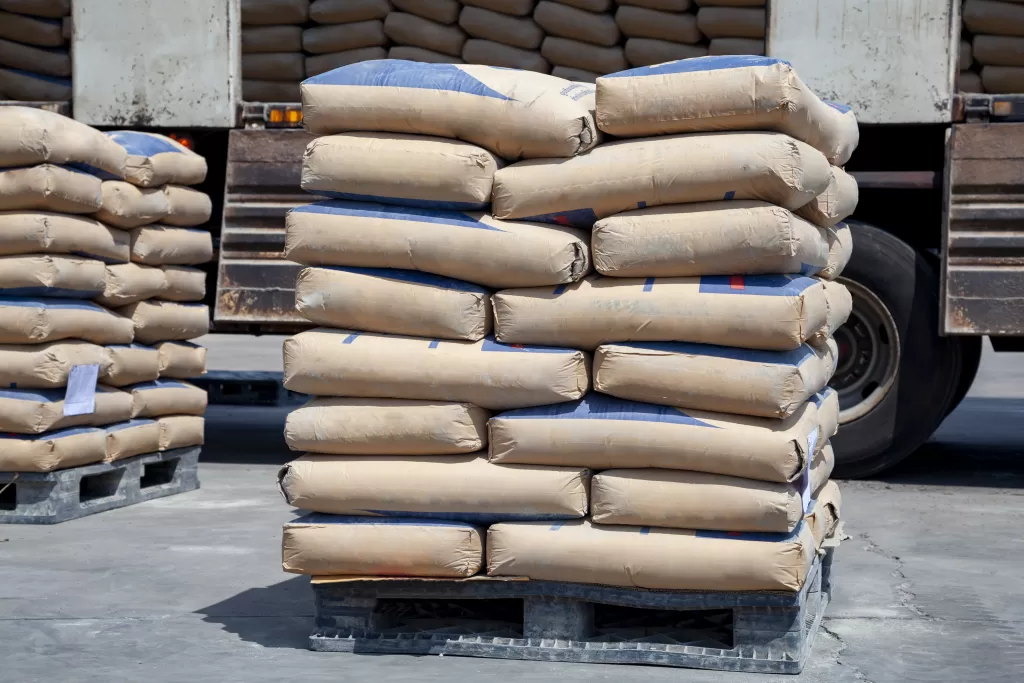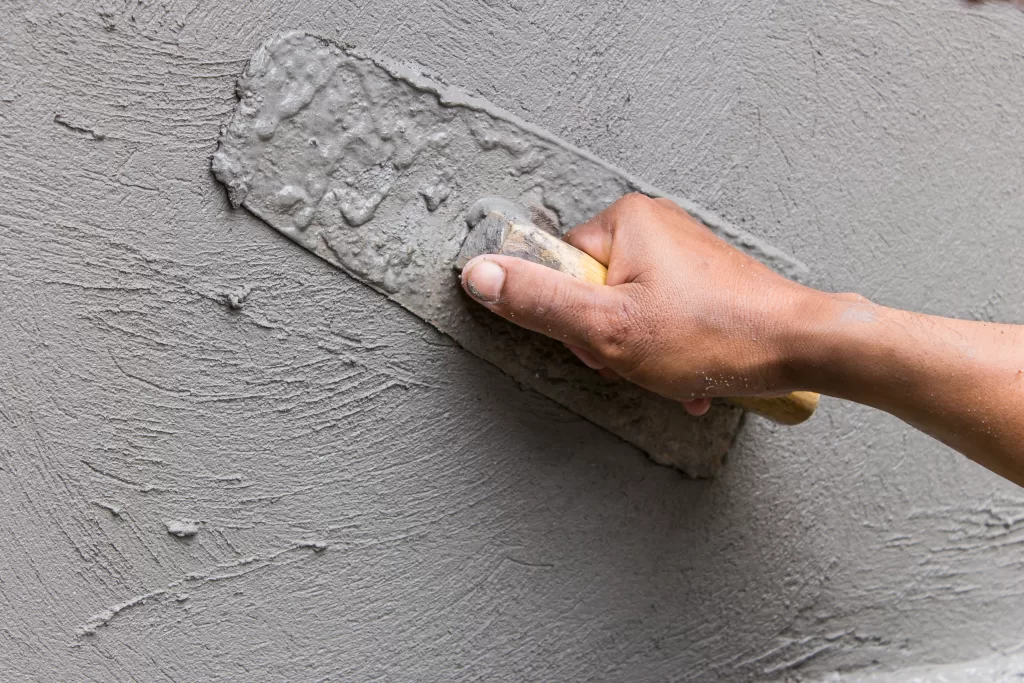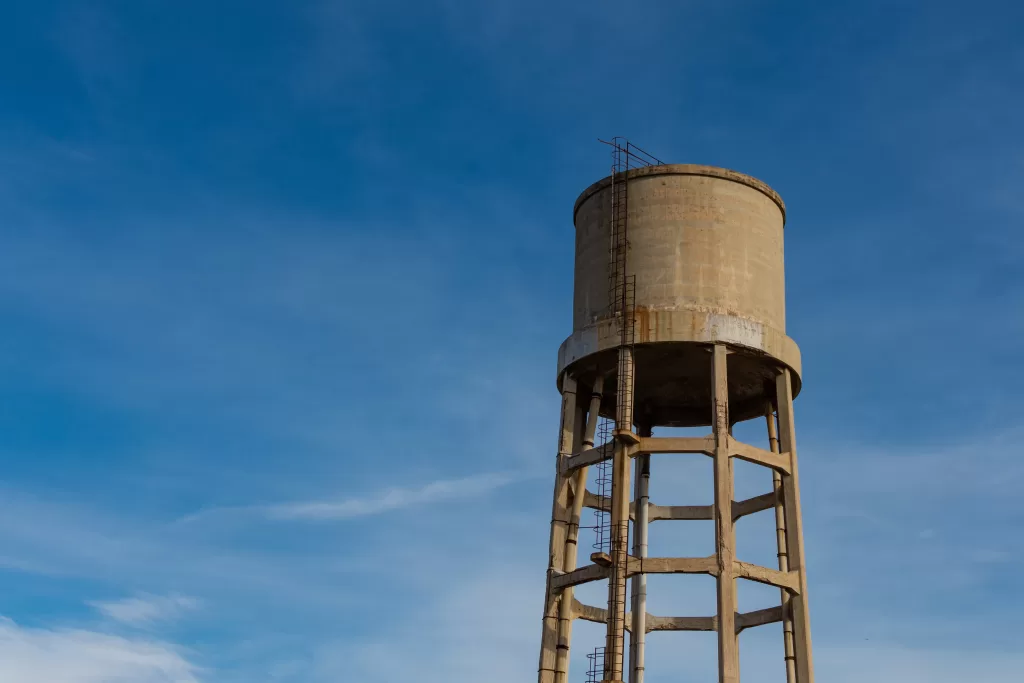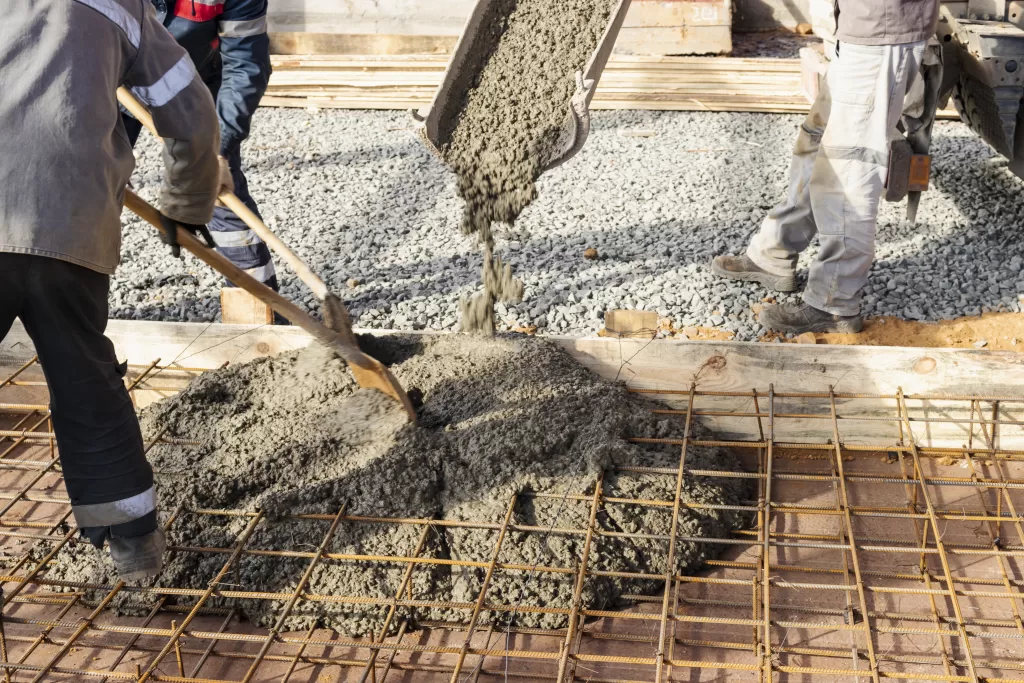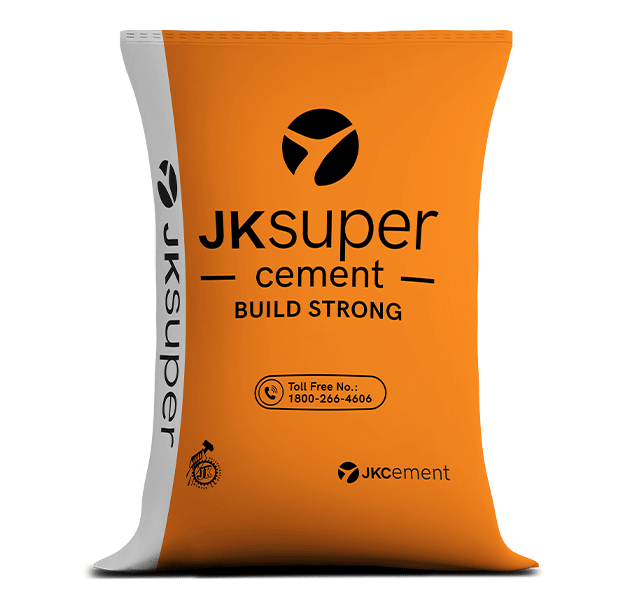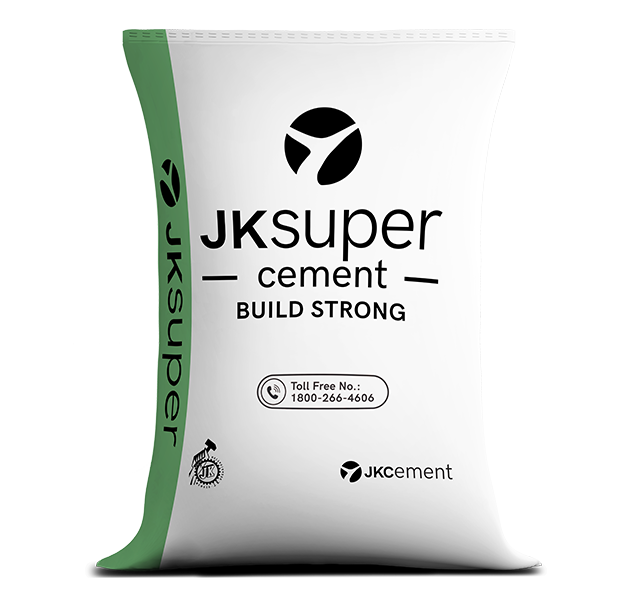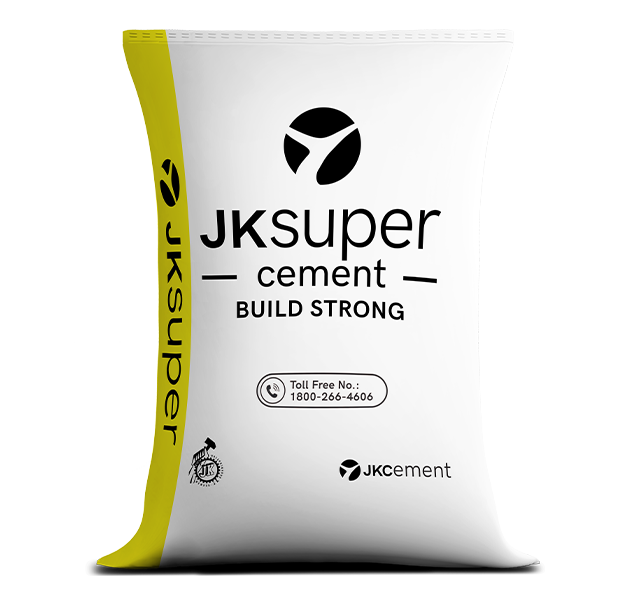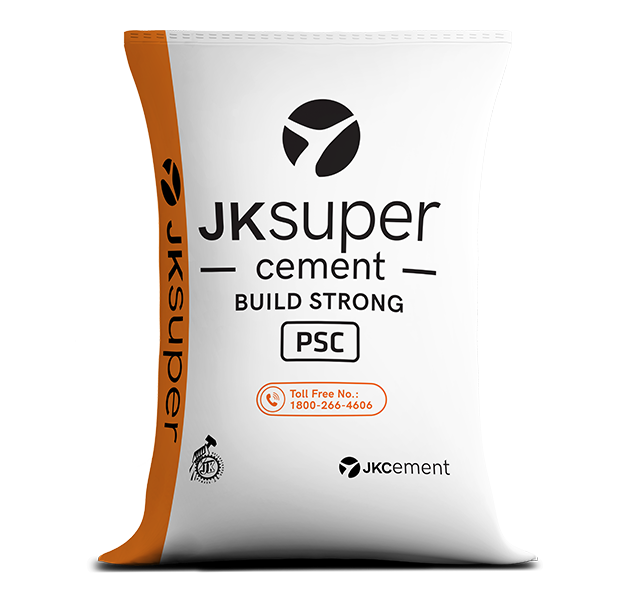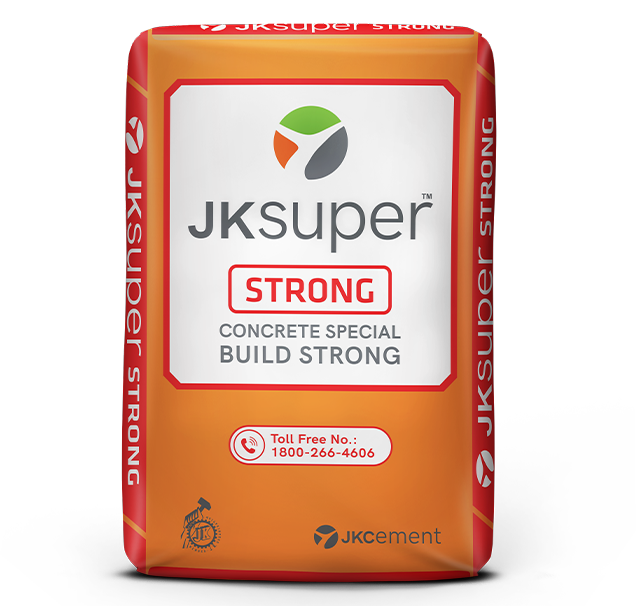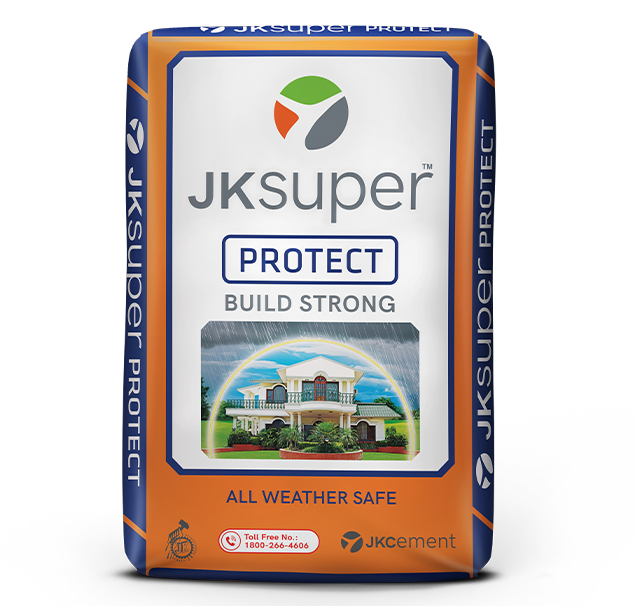Effectively storing cement at construction sites is important for maintaining its quality. It also helps you ensure optimal performance in concrete construction. Improper storage, on the other hand, can lead to several issues that can compromise the overall strength of the final structure. To dodge such issues, let us dive into the guidelines and best practices on how to store cement on-site. Keep reading to learn more.
Why is it Important to Store Cement Properly?
Proper storage of cement is paramount in construction projects due to several critical reasons. These include:
Moisture Prevention:
Cement is highly susceptible to moisture absorption and this can lead to clumping. This can compromise its effectiveness in concrete mixing.
Maintaining Quality:
Incorrect storage conditions can diminish the cement’s quality and performance.
Preventing Lumps:
Proper storage of cement prevents the formation of lumps in the cement, ensuring a smooth and consistent mix during the concrete preparation process.
Better Strength:
By safeguarding cement from environmental factors, its inherent strength and binding properties remain intact. This contributes to the overall durability and longevity of the constructed infrastructure.
Less Wastage:
Proper storage practices minimise wastage by preserving the usability of the entire cement quantity. This prevents the need for replacement due to compromised quality.
Precautions for Proper Cement Storage
To know how to store cement bags properly, adhere to these key precautions:
Dry Storage
Cement should be stored in a dry environment, as exposure to moisture can lead to clumping and compromise its chemical composition.
Elevated Platform
Store cement on an elevated platform, at least 150 mm above the ground, to prevent direct contact with soil and minimise the risk of moisture absorption.
Covered Storage
Be it cement for house construction or any other project, use a covered storage area to shield it from rain and direct sunlight. Precipitation can accelerate the deterioration of cement quality.
Ventilation
Ensure proper ventilation in the storage area to prevent condensation as it can contribute to the formation of lumps in the cement.
Proper stacking
You may stack cement bags on top of each other, however, the height of the stack should not be more than 10 bags. This prevents the potential lumping of the cement under pressure. Also, the width of the stack should not be more than 3 metres or the length of four cement bags. If a stack comprises more than 8 bags, arrange the bags alternatively lengthwise and crosswise. This way, you can reduce the possibility of the bags toppling.
First-In-First-Out (FIFO)
Follow the FIFO principle wherein you use older batches of cement before the newer ones. This will help you prevent prolonged storage and potential quality degradation.
Seal Bags
Seal opened cement bags tightly to minimise exposure to air and moisture. Use the entire contents of the bag once opened to maintain freshness.
Regular Inspection
Conduct routine inspections to identify any signs of moisture, lump formation, or other issues. Promptly address any concerns to prevent further deterioration.
Use Pallets
Placing cement bags directly on the ground exposes them to the risk of moisture absorption, especially in humid or damp conditions. Pallets act as a protective barrier, lifting the bags above the ground surface. They prevent direct contact with soil moisture. This helps you maintain the dryness of the cement and preserve its quality.
Do not use a hook to lift the cement bags
Hooks can puncture or tear the bags. This can allow dust and moisture to affect the quality of the cement. To ensure the preservation of the cement and the integrity of the materials, use specialised cement handling tools such as forklifts, pallet jacks, or lifting straps. Such tools facilitate secure and damage-free handling, guaranteeing that your cement retains its optimal condition.
Use Polythene Covers
Many construction sites use polythene covers to wrap and seal cement bags. This offers an additional layer of protection against moisture and external contaminants.
Opt for a reliable cement company like JK Cement for your construction projects. Choose from a wide range of high-performance, strong cement that gives you the assurance of durability and safety.
FAQs
What problems can arise from improper storage of cement?
Improper storage of cement can lead to issues such as moisture absorption, clumping, and a decrease in quality. These problems may compromise the effectiveness of the cement in construction projects, affecting the overall integrity of structures.
How often should stored cement be inspected?
Stored cement should be inspected regularly for signs of moisture, lump formation, or any issues that may compromise its quality. Regular inspections help ensure optimal conditions for construction use.
How can air circulation be facilitated during storage?
Placing cement bags on pallets elevates them, allowing air to circulate underneath and around each bag. This facilitates proper air circulation and prevents condensation. It ensures the cement remains dry and in good condition.
How do temperature and humidity affect cement quality?
Extreme temperatures and high humidity can adversely affect cement quality. Temperature variations may impact the hydration process, while humidity can lead to moisture absorption, consequently compromising the concrete’s structural integrity.
Can cement be stored for an extended period?
Extended storage of cement is not recommended; it’s best to use cement within a reasonable timeframe to maintain optimal quality.

